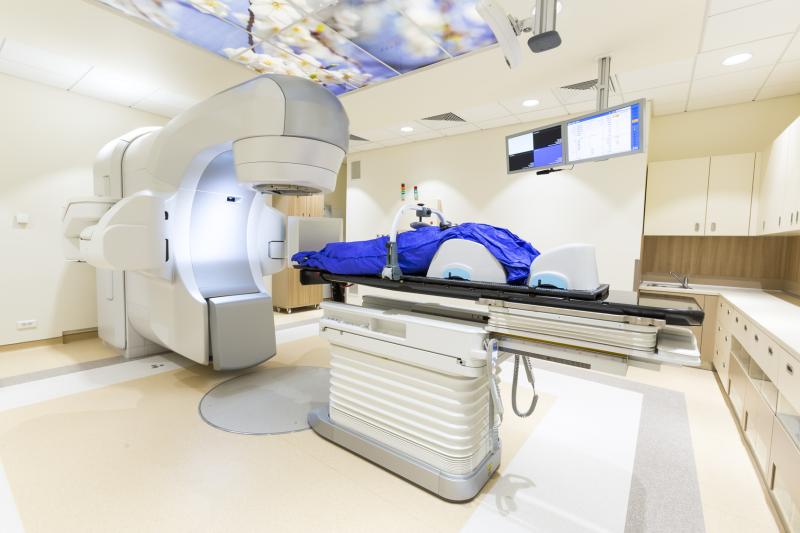
Sentiments toward the implementation of artificial intelligence (AI) and machine learning (ML) in radiology are positive, lending strong support for an AI/ML curriculum in residency education in Singapore, according to a recent study.
“There are pressing needs for inclusion of AI/ML curriculum in radiology education, and residency programmes play an integral role in preparing our radiologists for the next phase,” the researchers said.
“Moving forward, we expect to define objective learner needs in our cohort, introduce formalized curriculum using evidence-based training models and investigate the impact of measures in subsequent follow-up studies,” they added.
A web-based questionnaire was designed using SurveyMonkey and sent out to residents and faculty radiologists in three radiology residency programmes in Singapore. The questionnaire consisted of four sections and sought to assess the respondents’ current experience, attempts at self-learning, perceptions of career prospects and expectations of AI/ML curriculum in their residency programme.
Of the 125 respondents (86 male) who completed the survey, 70 were residents and 55 were faculty radiologists. Most of them agreed that AI/ML will drastically change radiology practice (88.8 percent) and make radiology more exciting (76.0 percent), and many would still opt to specialize in radiology if given a choice (80.0 percent). [Singapore Med J 2019;doi:10.11622/smedj.2019141]
More than half (64.8 percent) considered themselves as neophytes in their understanding of AI/ML, while majority of them (76.0 percent) planned to further advance their AI/ML knowledge. Moreover, 67.2 percent expressed enthusiasm in getting involved in an AI/ML research project.
A greater majority (84.8 percent) believed that AI/ML knowledge should be taught during residency, and most considered that this was as important as imaging physics (80.0 percent) and clinical skills/knowledge curricula (72.8 percent). In addition, 59.2 percent of respondents believed that their residency programme has not adequately implemented AI/ML teaching.
Subgroup analyses revealed greater involvement in AI/ML activities among male and tech-savvy respondents, leading to better technical understanding.
“Our results confirmed our hypothesis that most will still choose to specialize in radiology if given another chance (80.0 percent), but we were surprised that only a small proportion would choose an intervention-inclined subspecialty instead (12.8 percent),” the researchers said.
“We feel that interventional radiology will continue to grow in prominence in the future; it will be unfortunate if the promise of augmented radiology ends up pushing radiologists further into the dark room,” they added. [J Am Coll Radiol 2018;15:587-588; Eur Radiol Exp 2017;1:1]
Furthermore, the researchers opined that a radiology AI/ML curriculum should focus more on literacy instead of proficiency to allow radiologists a greater understanding of concepts behind algorithms in practice, collaboration with data scientists, and appreciation of its limitations, pitfalls as well as safety issues. [Eur Radiol Exp 2018;2:35; NPJ Digit Med 2018;1:54]
AI is the branch of computer science responsible for creating systems to perform tasks that require human intelligence, and ML is a subfield of AI where algorithms are created to perform tasks by learning patterns from data instead of programming. [Radiographics 2017;37:2113-2131]